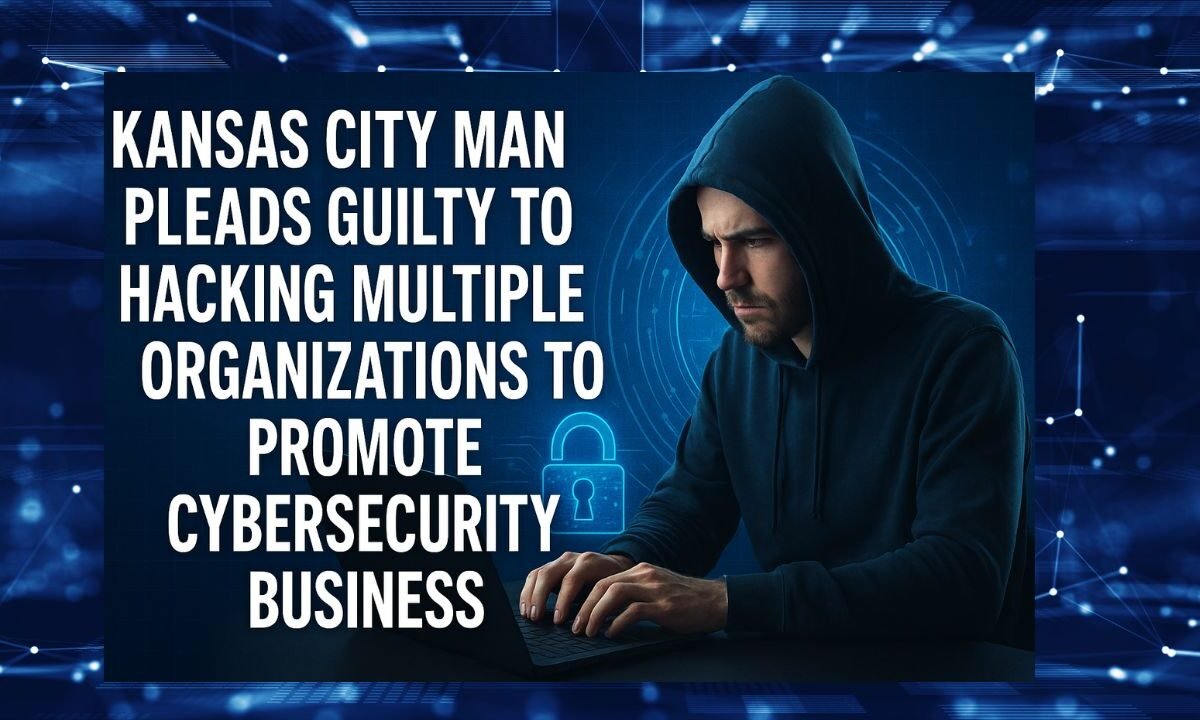A Kansas City man, Nicholas Michael Kloster, has pleaded guilty to federal charges after confessing to hacking into the computer systems of several organizations.
According to the U.S. Department of JusticeKloster’s actions in 2024 targeted a local health club, a nonprofit organization, and his former employer in a bid to showcase his cybersecurity skills and promote his consulting services.
Physical Intrusions and Unconventional Tactics
Unlike high-tech cyberattacks, Kloster employed physical breaches and basic digital manipulation. In one instance, he entered a restricted area of a health club late at night, accessed a networked computer, and reduced his gym membership fee to $1.
He also deleted his photo from the system and stole a staff member’s name tag.
Kloster then emailed the gym owner, admitting to the hack and offering his cybersecurity services, boasting of aiding over 30 local businesses.
He included his resume and evidence of his unauthorized access, even claiming control over security cameras and network settings. He later posted a screenshot online to further flaunt his capabilities.
Nonprofit Breach and Financial Damage
In May 2024, Kloster broke into a nonprofit organization, used a boot disk to bypass security measures, changed passwords, and installed a VPN for remote access.
His intrusion caused significant operational damage, forcing the organization to invest thousands of dollars in repairs and cybersecurity enhancements.
Fraudulent Purchases from Former Employe
Kloster’s unethical behavior extended to his previous employer, where he misused a company credit card to buy hacking tools, including USB devices meant for exploiting system vulnerabilities. These unauthorized purchases led to his termination.
Legal Consequences and Ongoing Investigation
Kloster now faces up to five years in federal prison, a potential $250,000 fine, three years of supervised release, and restitution payments. His sentence will be decided following a presentence investigation.
The case is being handled by Assistant U.S. Attorneys Nicholas Heberle and Patrick D. Daly, with the FBI and Kansas City Police Department leading the investigation.




